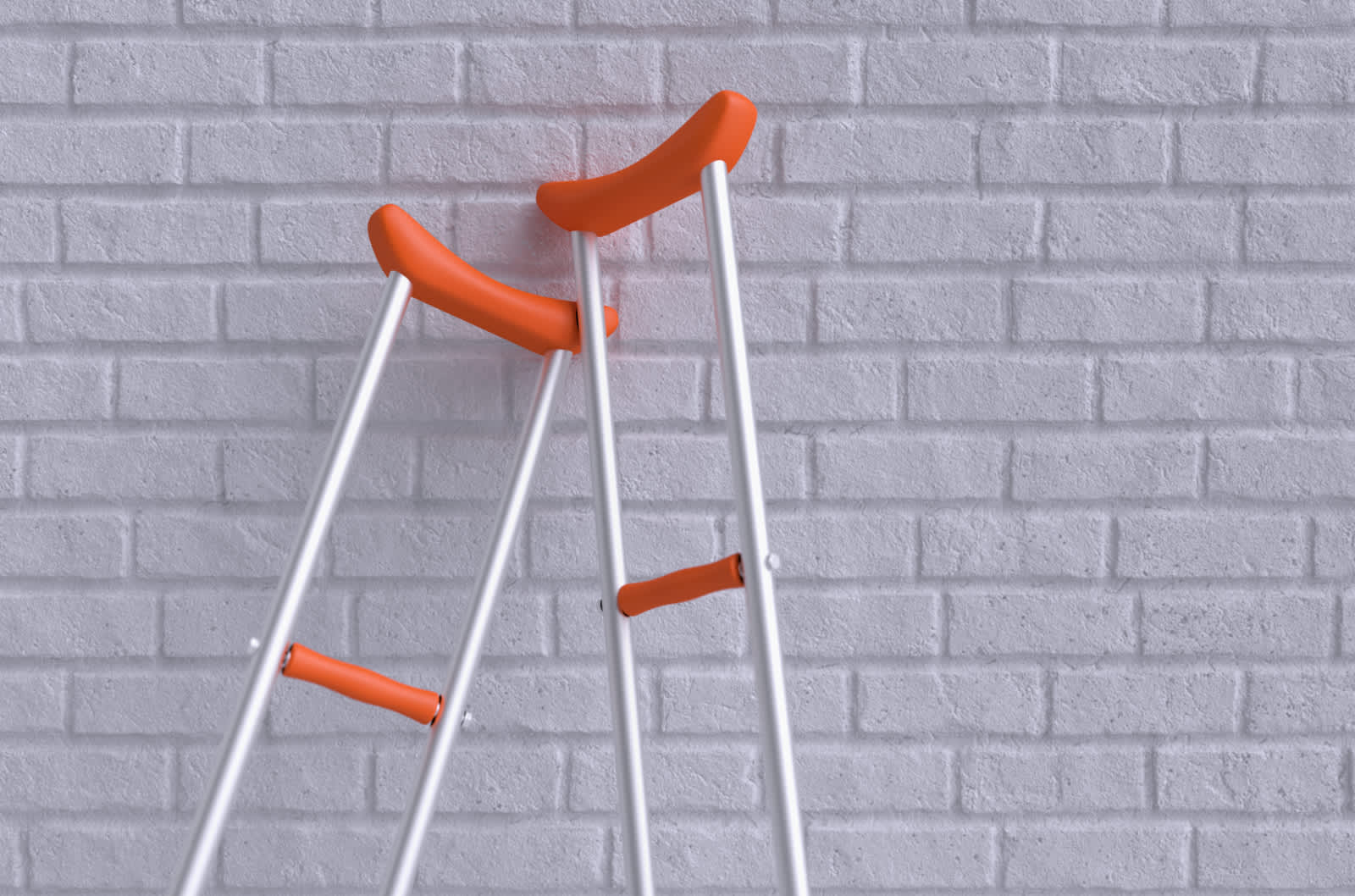February 11, 2020
How no-fault insurance works
You might be familiar with at-fault car insurance.
When you’re in an accident with someone, the person who caused the accident is responsible for helping pay for any damage done to the other party’s car, and, in some cases, helping with medical bills.
That “at-fault” person would file a claim with their insurance company. Most state laws operate on an at-fault basis. These states are also known as tort states.
But, there are some states that use no-fault laws. If you’ve recently moved from an at-fault state or are new to no-fault insurance, read on to learn more about no-fault insurance requirements, and what it means if you’re in an accident.

What is no-fault insurance?
In the 1970s, legislators introduced a new type of car insurance—no-fault insurance.
It was meant to help accident victims avoid drawn-out court cases or other financial problems when the police weren’t able to figure out who was at fault for an accident.
So what does no-fault mean?
Let’s say you’re in a car accident. In a no-fault state, you submit a claim to your car insurance company, even if the accident wasn’t your fault. You’re required to purchase Personal Injury Protection (PIP*) coverage to help pay for medical expenses. North Dakota, for example, requires drivers to carry at least $30,000 in PIP coverage.
Three states—Kentucky, New Jersey, and Pennsylvania—operate as choice no-fault states. If you live in a choice state, you can choose to have no-fault insurance or stick with traditional Liability coverage used for at-fault insurance.
Here are the two main ideas you’ll need to know before reading on:
At-fault means the person who caused the accident is responsible for paying the costs of all parties involved
No-fault means everyone involved in the accident takes care of their own expenses
Who pays for property damage in no-fault states?
No-fault insurance deals with injuries, not property damage. So if your vehicle is damaged in an accident by another driver, that driver’s Liability Property Damage coverage would help with repairs.
PIP (required* in no-fault states, but also available in select at-fault states) is used to help pay for medical expenses and injuries resulting from an accident. It does NOT cover:
Vehicle damage
Vehicle theft
Weather damage
Property damage
If you want insurance that can help cover your vehicle in the categories listed above, you’ll need to add Collision and Comprehensive to your policy. We break down Collision and Comprehensive coverage in another blog post.
Do you need PIP coverage?
PIP helps cover the medical bills of you and your passengers—and in some states, pedestrians—if you’re involved in an accident.
PIP can also help cover:
Medical expenses resulting from an accident, which could include X-rays, hospital visits, rehabilitation, or ambulance rides
Your health insurance deductible
Lost income as a result of an accident
Childcare expenses
Funeral expenses
Your insurance payout after a claim depends on the limits you chose for your PIP coverage. The higher the limit on your policy, the more your insurance will cover when you file a claim.
Before you choose a limit, you should also know that the higher your limits, the more you pay for your policy up front. The Root app shows you how changing your limits and deductibles will affect the rate you pay for your car insurance.
Root offers other coverages to help you meet your needs and situation. Please check out all of our car insurance coverage options here.
Does PIP cover your pet?
Though PIP helps with medical expenses for your passengers, it typically only counts for the humans in the car.
Check your policy documents for more details on what’s covered under your insurance.
PIP versus Medical Payments coverage
Both PIP and Medical Payments (MedPay) provide insurance coverage for health expenses after an accident. If you’re in a state that requires PIP, you can’t purchase MedPay.
However, if you’re in Texas, you’re in the only state where you have the option to purchase both PIP and MedPay*. In that case, MedPay can be added to your policy to help with medical expenses after an accident and can be extra coverage in addition to PIP and your health insurance.
A few other things you should know about PIP and MedPay:
PIP is required insurance in no-fault states, but it can be rejected in some other states. MedPay is optional in all states except Maine and New Hampshire.
Unlike health insurance, MedPay doesn’t have a deductible or copay.
PIP typically doesn’t cover pain and suffering.
Check out our blog post on choosing PIP and MedPay to take a deeper dive on these coverages.

Does a no-fault accident appear on your record?
It depends on your state—each state’s laws vary.
In some cases—unless the police are called to the scene of an accident—you won’t see anything on your record.
Check your state’s laws to learn more. You can also check your Motor Vehicle Report (MVR) to see if any recent accidents appear on your record.
What if a driver in a no-fault state doesn’t have insurance?
If you’re in a no-fault state and are hit by an uninsured or underinsured driver, you will still submit a claim through your own insurance company.
You can purchase Uninsured and Underinsured Motorist coverage for additional protection.
Keep in mind it’s illegal to drive without insurance in all states except New Hampshire. Driving without insurance is never worth the risk.
No-fault insurance made simpler with Root.
Root offers fair no-fault insurance. We believe better drivers deserve better rates. We use technology in your smartphone and data from your driving habits to measure how you actually drive.
So, we really can base your rate primarily on your good driving ability, not so much on who you are, how old you are or other demographics that traditional car insurance companies primarily use to determine your insurance price. What’s more, we offer a simple, straightforward car insurance experience that’s all in our app.
The result is a more fair, more affordable, and much easier car insurance.
You can choose your coverage and update your policy in the app at any time. Good drivers could save hundreds annually with Root.
*PIP can be rejected in some states.
Related Posts

August 02, 2018
5 tips for buying car insurance for the first time
Choosing car insurance for the first time doesn’t have to be stressful. Know what research you should do, learn about coverages and how your good driving could save you money. Read more

May 02, 2018
Choosing MedPay, Personal Injury Protection and Uninsured Motorist coverages
What happens if you or your passengers get hurt in an accident? What car insurance coverages should you get to help pay for those medical costs and your bills? We’re here to help make sense of Medical Payments, Personal Injury Protection and Uninsured/Underinsured Motorist Bodily Injury coverages. Read more